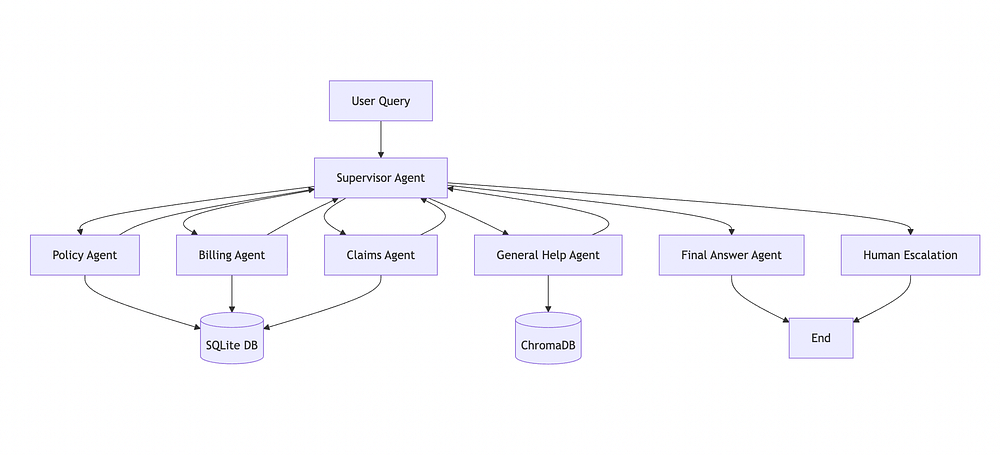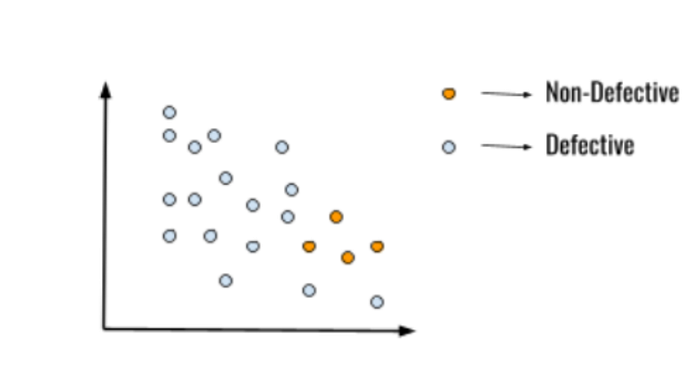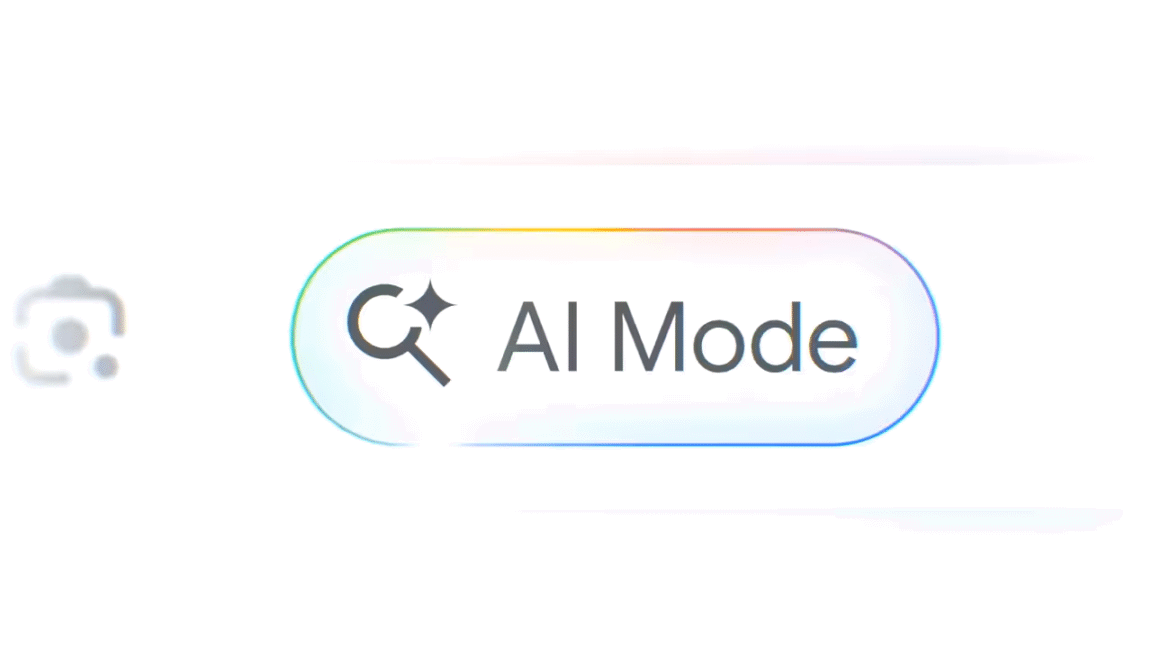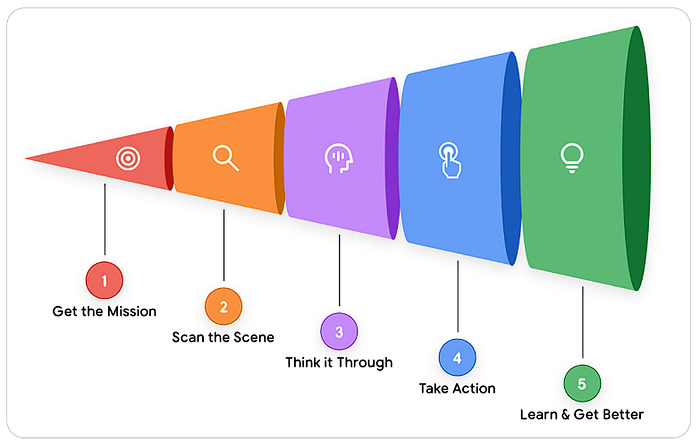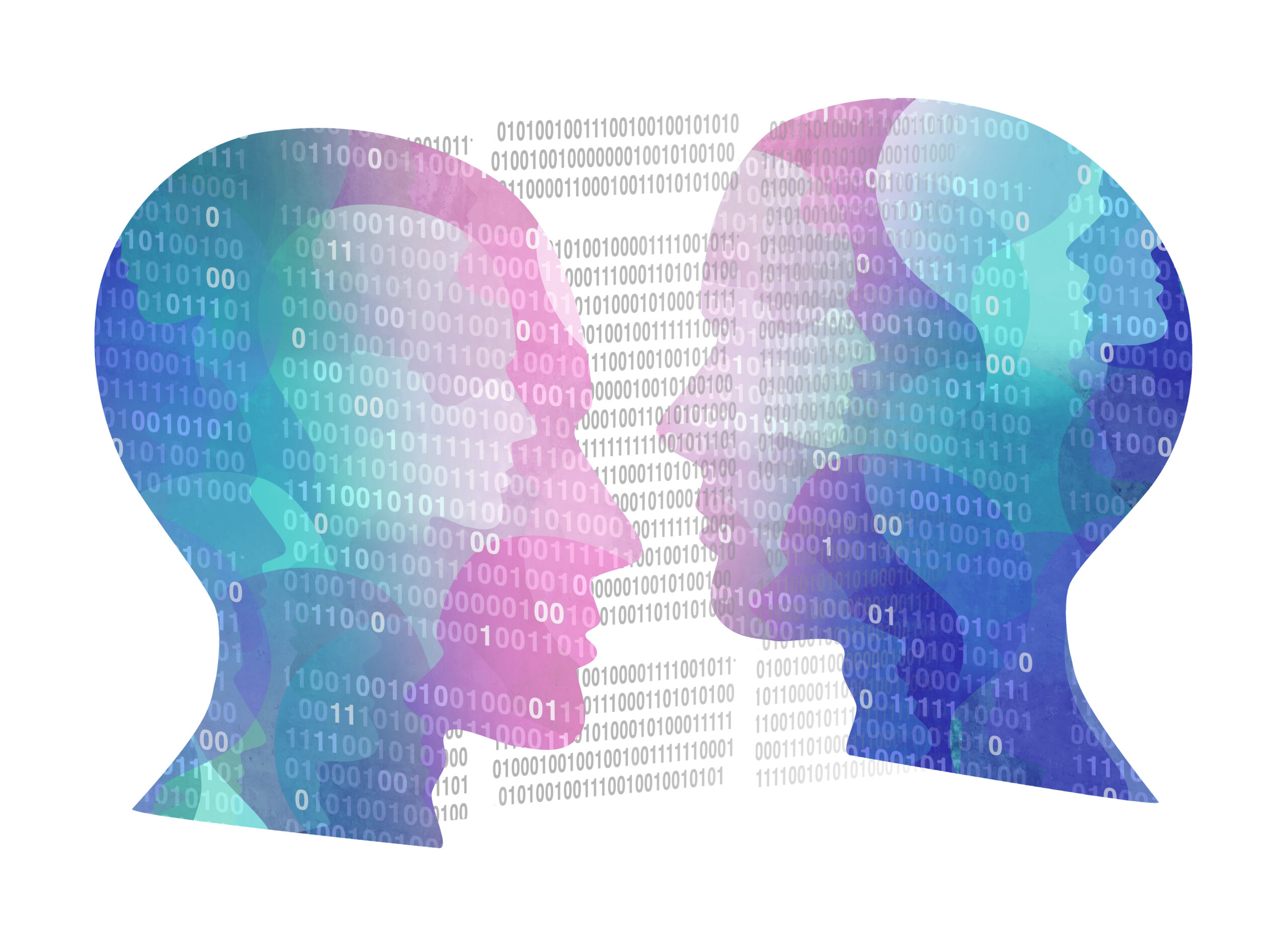Introduction to Cybersecurity in France
A new research report from technology advisory firm Information Services Group (ISG) has revealed that AI threats and more stringent regulations are shifting the French cybersecurity landscape, resulting in businesses reassessing their security strategies. Increasing security budgets mean many French enterprises require fresh guidance and expertise to establish effective priorities and combat their security challenges.
The Evolving Cybersecurity Landscape
According to the 2025 ISG Provider Lens Cybersecurity – Services and Solutions report, businesses in France are adapting to a more complex, layered security landscape, with many adopting AI-powered defense. This is to meet the demands introduced by new regulations, cloud adoption, financial constraints, and a shortage of skilled workers. “The way companies in France choose security services is changing,” said Julien Escribe, partner and managing director, ISG. “With increasing security budgets, enterprises need guidance and insight to set the right priorities and tackle security problems.”
Challenges and Solutions
Companies are starting to rely on all-in-one solutions for security, rather than depending on a range of separate tools. Organisations seek service providers that can supplement their security teams. Companies migrating to multicloud and cloud topologies face integration, visibility, and management challenges. Businesses find it hard to maintain oversight of applications, so use solutions like secure access service edge (SASE), which merges network security and connectivity in a unified service.
Integrated Security Platforms
The report found that French organisations are seeking integrated security platforms for a single view of possible threats and central oversight of their defenses. Because of financial stress and a continuing deficit of cybersecurity talent, many businesses still use technical security service (TSS) providers for support, centralized platforms, and automation. ISG says that French enterprises are having to integrate governance, risk, and compliance (GRC) policies into their security strategies, because EU regulations like the NIS2 directive and AI Act are becoming French law.
The Role of AI in Cybersecurity
The paper shows malicious actors use AI in cyberattacks, which is posing fresh challenges for detection and response. In reaction, companies turn to security service providers that themselves use genAI and ML. Their clients are investing more in AI-driven detection, employee training, and automated responses. Benoît Scheuber, a principal consultant and security analyst at ISG, said that AI is transforming the cybersecurity landscape, prompting companies to seek providers that can integrate tooling that increases efficiency.
Conclusion
In conclusion, the French cybersecurity landscape is evolving rapidly due to AI threats, new regulations, and financial constraints. Businesses are seeking integrated security platforms, all-in-one solutions, and service providers that can supplement their security teams. As AI continues to transform the cybersecurity landscape, companies must adapt and invest in AI-driven detection, employee training, and automated responses to stay ahead of malicious actors.
FAQs
- What is driving the change in the French cybersecurity landscape?
The change is driven by AI threats, new regulations, cloud adoption, financial constraints, and a shortage of skilled workers. - What are French organisations seeking in terms of security solutions?
French organisations are seeking integrated security platforms, all-in-one solutions, and service providers that can supplement their security teams. - How is AI being used in cyberattacks?
Malicious actors are using AI in cyberattacks, posing fresh challenges for detection and response. - What is the role of AI in cybersecurity?
AI is transforming the cybersecurity landscape, prompting companies to seek providers that can integrate tooling that increases efficiency and invest in AI-driven detection, employee training, and automated responses.



